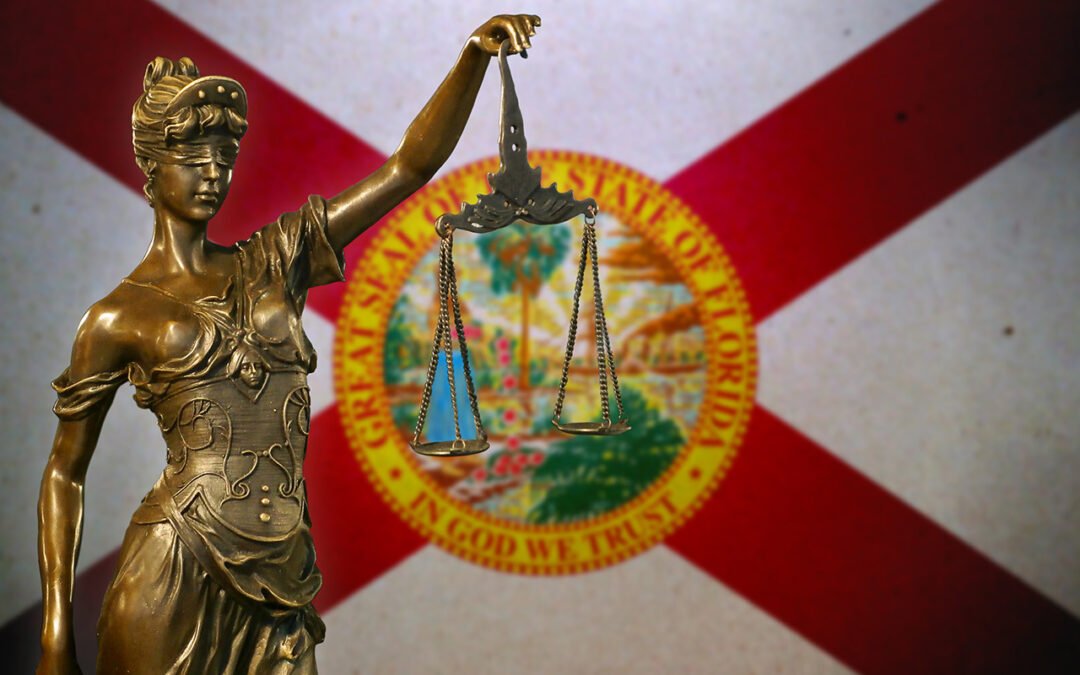Starting January 1, 2025, several new laws in Florida will impact residents in various ways. Here are some of the key changes, along with their legislative references and practical examples:
1. Restrictions on Social Media Access for Minors (HB 3)
Law Reference: House Bill 3 (2024)
- Details: This law prohibits children under 14 from creating accounts on certain social media platforms. Teens aged 14 and 15 can have accounts only with parental consent. The aim is to protect minors from potentially harmful online content and interactions.
- Example: If you have a 13-year-old child, they will no longer be able to create a new account on platforms like Facebook or Instagram. For a 15-year-old, parental permission will be required to open an account. This means parents need to be more involved in their children’s online activities.

2. Age Verification for Accessing Adult Content (HB 3)
Law Reference: House Bill 3 (2024)
- Details: Websites hosting adult content are now required to implement strict age verification measures to prevent minors from accessing explicit material. Non-compliant websites may face significant fines.
- Example: Adults attempting to access adult content websites will need to verify their age, possibly by providing identification. Some major adult websites, like Pornhub, have responded by blocking access entirely in Florida, citing concerns over user privacy and data security.
3. Protections for First Responders (HB 1375)
Law Reference: House Bill 1375 (2024)
- Details: This law makes it unlawful to harass, threaten, or intimidate first responders while they are performing their duties. The goal is to ensure the safety and respect of emergency personnel.
- Example: Interfering with a police officer, firefighter, or paramedic during an emergency situation can now lead to legal consequences, emphasizing the importance of allowing first responders to work without obstruction.

4. Changes to Property Insurance Policies (HB 799)
Law Reference: House Bill 799 (2024)
- Details: New regulations have been introduced to streamline the property insurance claims process, aiming to make it more efficient and transparent for homeowners.
- Example: If your home suffers damage from a storm, the claims process with your insurance company should now be more straightforward, potentially resulting in quicker repairs and settlements.
5. Financial Literacy Education Requirement (SB 1054)
Law Reference: Senate Bill 1054 (2024)
- Details: High school students are now required to complete a financial literacy course to graduate. The curriculum includes topics like budgeting, saving, credit management, and understanding loans.
- Example: Your high school-aged child will take a class that teaches practical financial skills, better preparing them for managing money in adulthood.
6. Tax Exemptions for Energy-Efficient Appliances (HB 7071)
Law Reference: House Bill 7071 (2024)
- Details: Purchases of certain energy-efficient appliances, such as refrigerators, washers, and dryers, are now exempt from sales tax. This initiative encourages environmentally friendly choices and reduces household expenses.
- Example: When buying a new energy-efficient refrigerator, you will save money by not paying sales tax, making eco-friendly options more affordable.

7. Tax Exemptions for Baby Diapers and Adult Incontinence Products (HB 7071)
Law Reference: House Bill 7071 (2024)
- Details: The law provides a sales tax exemption for baby diapers and adult incontinence products, reducing the financial burden on families and caregivers.
- Example: Parents purchasing diapers for their infants or caregivers buying incontinence products for adults will notice a reduction in cost due to the elimination of sales tax on these items.
8. Condominium Association Regulations (SB 630)
Law Reference: Senate Bill 630 (2024)
- Details: New regulations have been implemented for condominium associations, focusing on building inspections, maintenance, and financial transparency to enhance resident safety and association accountability.
- Example: As a condo owner, you can expect more regular building inspections and better communication from your association regarding maintenance and financial matters, contributing to a safer living environment.
These legislative changes are designed to enhance safety, financial well-being, and quality of life for Florida residents. Staying informed about these laws will help you understand their impact and ensure compliance.


